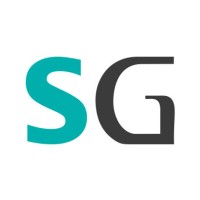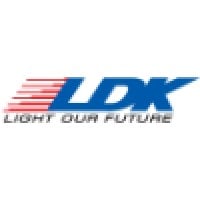LDK Solar
LDK Avenue Economic Development Zone Xinyu City, Jiangxi Province 338032, CN
Last Update: 2025-11-24
LDK Solar is one of the world’s leading vertically-integrated producers of mono and polycrystalline solar PV products, covering the entire manufacturing process including silicon, ingots, wafers, cells, and modules. Founded in 2005 in Xinyu, China, LDK Solar has been listed on the NYSE since 2007 under the ticker symbol LDK. The company employs approximately 25,000 people and maintains sales, marketing, and customer service offices throughout the world. LDK Solar’s depth and strength in photovoltaics is the result of its ownership of each stage of the manufacturing process. This control enables continuous innovation to reduce costs, improve efficiency, and sustain high quality year over year. The company maintains its own polysilicon plants, including the largest in Asia, with 25,000 MT current capacity, expanding to 55,000 MT capacity by the end of 2013. With 4.2 GW of wafer capacity, the company is one of the top producers of solar wafers worldwide. Many modules from other leading manufacturers worldwide use LDK’s wafers. LDK Solar has 3.2 GW of module manufacturing capacity, producing a full line of mono and polycrystalline modules for residential, commercial, utility, and off-grid markets. With low-cost vertically-integrated manufacturing, more patents than any other Chinese company in solar, and a strong diversified customer base, LDK Solar is one of the leaders in the march to grid parity for solar PV.
NAICS: 33441
NAICS Definition: Semiconductor and Other Electronic Component Manufacturing
Employees: 10,001
Subsidiaries: 0







